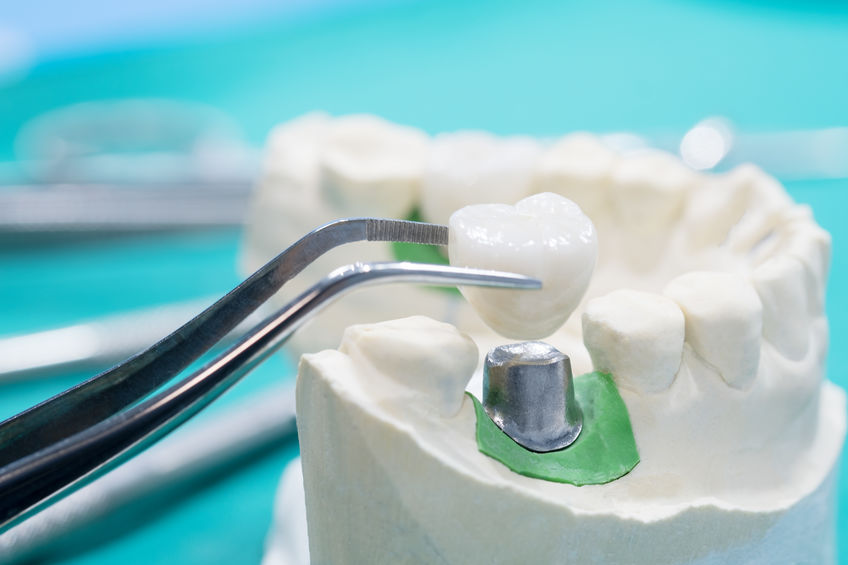When people lose their teeth through gum disease, injury, or accidents, dental implants are usually the solution that comes to mind. And they’d be right to think so. Whether you are missing several teeth or just one tooth, dental implants won’t only transform your smile, but will protect the other teeth as well.
David M. Juliani, DDS, trusted provider of dentistry in Rochester Hills, MI, offers implants as an alternative to dentures. These are a few things you need to know if you’re considering getting a dental implant.
Requirements
While dental implants are a viable solution to a wide variety of dental problems, not everyone is eligible to get one. Dentists still have to consider several aspects of a patient before conducting an implant surgery. For instance, you need to have a strong bone density to support the implant and keep it in place. Unlike with the SureSmile treatment for teeth straightening, bone grafting might be necessary to regrow the jawbone if you don’t have enough bone density.
Another requirement for dental implants are healthy gums without any signs of periodontal disease prior to the implant surgery.
Implant Whitening
Teeth whitening procedures help to boost confidence and enhance your smile. However, you cannot whiten your teeth after getting implants. Your dentist orders artificial teeth resembling your natural tooth’s color for uniformity and achieving a natural look. Therefore, it would be best to whiten your teeth before getting an implant.
How Long Do Implants Last?
A dental implant can last a lifetime with proper care. You might not require replacing the implant after its placement, unlike other procedures such as dental crowns. Additionally, CEREC technology, which is utilized to manufacture implants, increases their success rate.
Dental Implant Care Tips
Since implants aren’t natural teeth, they aren’t at risk of decaying and getting cavities. However, there are still dental care maintenance steps you need to take after getting this cosmetic dentistry procedure. Brush and floss regularly to prevent bacteria accumulation and use interdental brushes to remove plaque from the implant. Regular dental visits are also necessary.
The Actual Implant Procedure
Your dentist will conduct an X-ray and other tests to ascertain that implants are ideal for you. After that, they will place the implant through surgery. Anaesthesia or sedatives might be used, depending on your pain tolerance and preferences. You might experience some discomfort, gum and face swelling, and bruising after the procedure, but you’ll be likely prescribed pain medication to help.
If you are considering dental implants and would like to see if it would be a good fit, contact David M. Juliani, DDS and we’ll help you go over your options.







